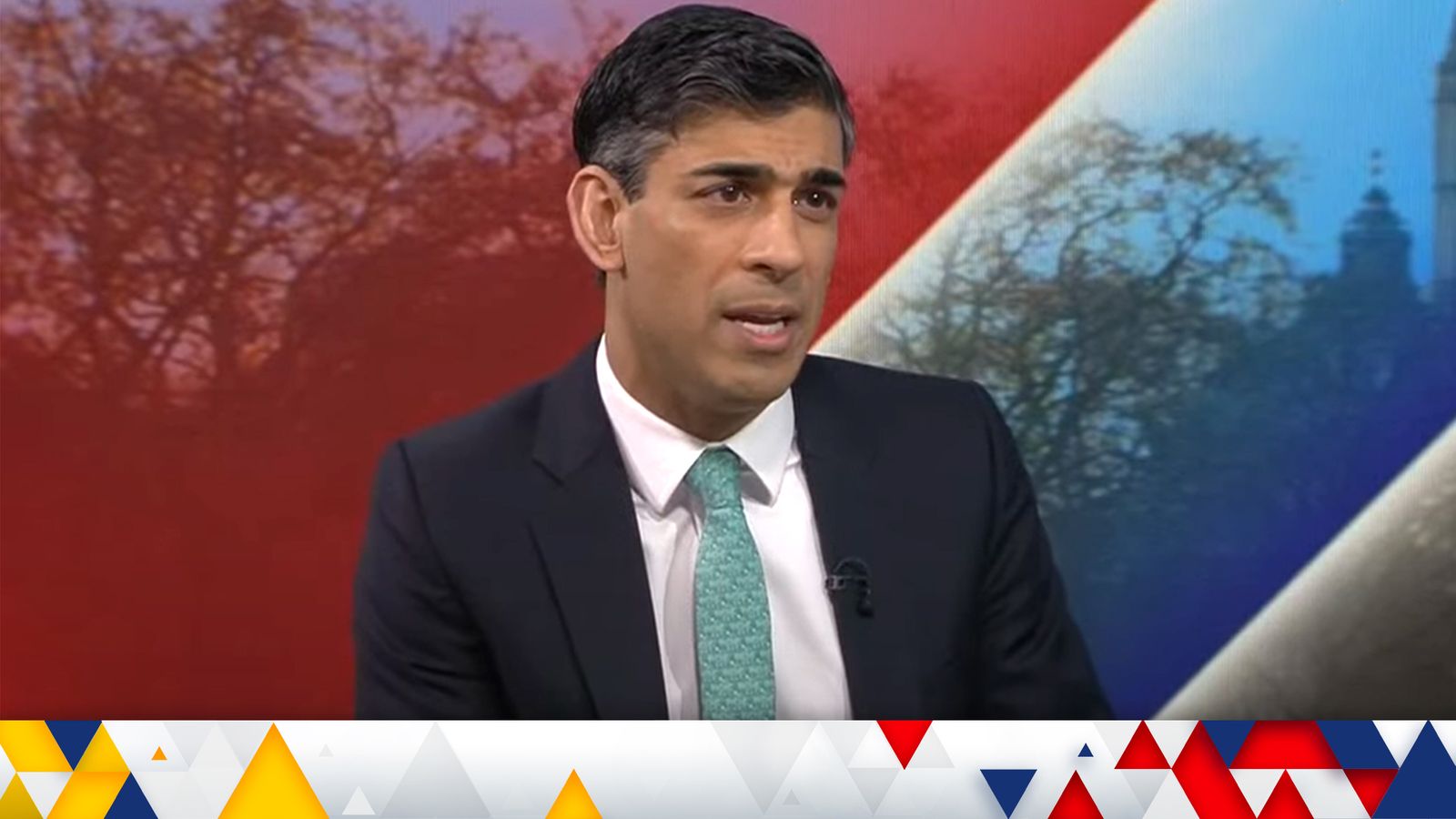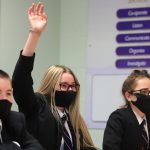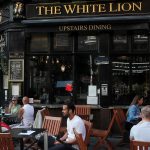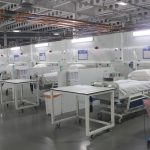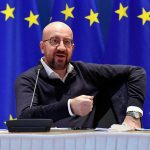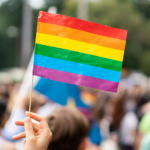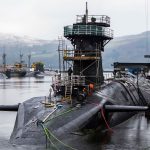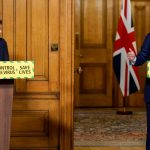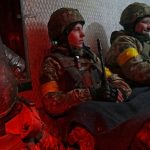Rishi Sunak has said sanctions against Russia “are not cost free” for British people and he cannot completely protect them “from difficult times ahead”.
The chancellor acknowledged sanctions imposed on Russia for invading Ukraine will add to the cost of living crisis ahead of energy bills soaring on 1 April.
He told Sky News’ Sophy Ridge on Sunday programme: “The actions and steps we’re taking to sanction Russia are not cost free for us here at home.
“I can’t pretend that it’s going to be easy, that government can solve every challenge or I can completely protect people against some of the difficult times ahead.”
Read more: How much does Russia export to the UK and why it will add to cost of living crisis?
Please use Chrome browser for a more accessible video player
Last week, the UK placed sanctions on nearly 400 more Russian oligarchs and entities and also banned luxury goods exports to Russia while raising tariffs on key Russian imports such as cereals, metals and vodka.
Mr Sunak added that he wants people to know he “will stand by them in the same way that I have done over the last couple of years to try and make a difference where I can”.
Ukraine war: Chancellor Rishi Sunak defends Johnson comparing Ukraine invasion to Brexit vote
Cost of living: Sunak pledges to cut £5.5bn in ‘wasteful’ government spending
Conservative spring conference: Rishi Sunak admits he cannot solve ‘every problem’ as cost of living crisis bites
Energy prices to rise in a fortnight
In just under a fortnight’s time, on 1 April, the energy price cap will increase by 54% as global gas prices have soared over the past six months.
To help with the increase, the government announced last month households in Council Tax bands A-D in England will get a £150 rebate from April and all domestic electricity customers will get £200 in October off their energy bills, which will be repaid from people’s bills over five years from 2023.
Mr Sunak added: “Where we can make a difference, of course, we will. But I get that this is difficult.”
‘Economy uncertain due to Ukraine’
The chancellor refused to speculate on whether the UK is at a high risk of recession but said people “should feel confident about the strength of our economy”, which he said was the fastest growing in the G7 last year.
He added that the “fundamentals” of the British economy are “really good” due to government action taken to recover from the pandemic.
However, he added: “The outlook is uncertain because of what’s happening in Ukraine”.
Labour’s shadow chancellor Rachel Reeves told Sophy Ridge on Sunday “we need more than warm words from the chancellor” as she urged him to relieve pressure on the cost of living on Wednesday, when he delivers his spring statement.
She called on the government to implement a “windfall tax” on the profits of North Sea oil and gas companies, who have seen massive profits as energy prices rise.
Listen to Sophy Ridge on Sunday on Apple podcasts, Google podcasts, Spotify, Spreaker
Key developments:
• Russia says it struck Ukraine with cruise missiles from ships in the Black Sea and Caspian Sea
• Some 56 people were killed after Russian troops opened fire on an old people’s home in the city of Kreminna, Ukraine claims
• Ukraine’s deputy prime minister tells Sky News she believes genocide is being committed against Ukrainian people
• Pope Francis has denounced Russia’s “repugnant war” against Ukraine as “cruel and sacrilegious inhumanity”
• Ten million people have been displaced inside Ukraine or have fled abroad, the UN says
Please use Chrome browser for a more accessible video player
PM compares Ukraine war to Brexit vote
Mr Sunak also defended Boris Johnson for comparing Ukrainians fighting Russia’s invasion with British people voting for Brexit.
Speaking at the Conservative Party’s spring conference on Saturday, Mr Johnson said: “I know that it’s the instinct of the people of this country, like the people of Ukraine, to choose freedom, every time. I can give you a couple of famous recent examples.
“When the British people voted for Brexit in such large, large numbers, I don’t believe it was because they were remotely hostile to foreigners.
“It’s because they wanted to be free to do things differently and for this country to be able to run itself.”
Please use Chrome browser for a more accessible video player
But Mr Sunak said “of course” the two situations “are not analogous” and said he does not think the PM believes that either.
Labour’s Ms Reeves said Mr Johnson should apologise for his “deeply insulting” and “crass” words to the people of Ukraine.
